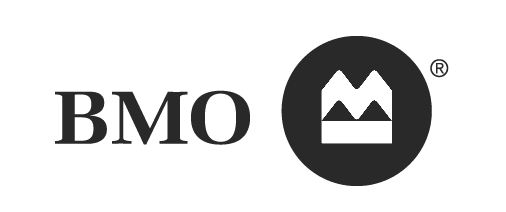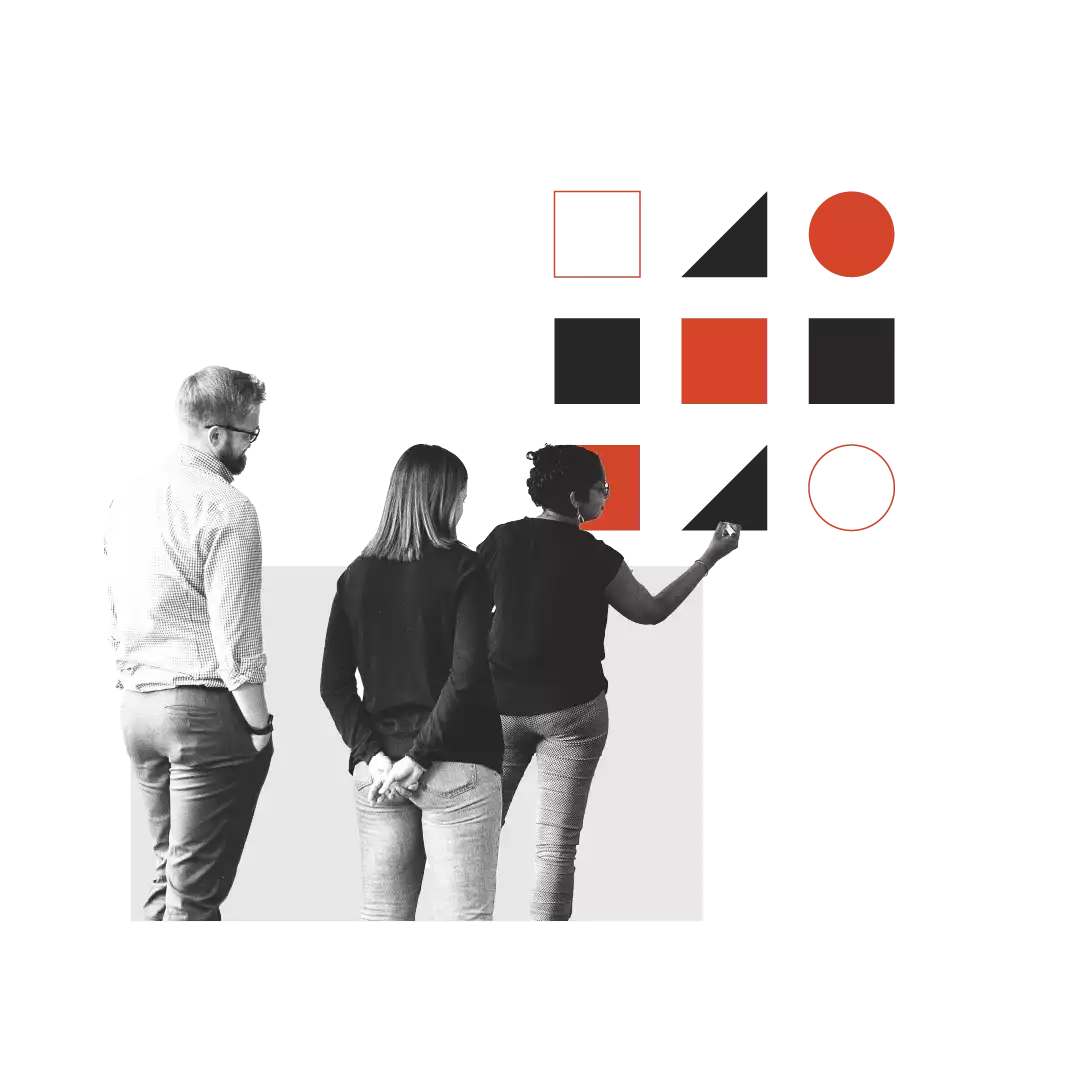
Assembling Your Dojo Dream Team
Staffing a dojo requires a coordinator for administrative and operational tasks, and three coaches: a product coach to foster discovery and to transition teams from project to product mindset; and design and technology coaches to focus on building craft, helping teams leverage the latest practices and tools, and enabling frequent delivery. Occasionally, a niche subject-matter expert may be needed.
How we can help
We can help you identify the skills and expertise needed to support your specific business goals and challenges, and can provide guidance on how to structure your dojo for maximum impact. Rangle partners with you to set up the foundation of a new way of working and provide ongoing support to ensure that your dojo team is performing at its best. By leveraging our expertise in staffing dojos, you can ensure that your program is set up for success from the start.



Coordinator
Product, technology and design coaches
Subject-matter experts
The coordinator is responsible for managing the day-to-day operations of the dojo, including scheduling, logistics, and communication. The coordinator serves as the primary point of contact for participants and ensures that the dojo runs smoothly and efficiently. The coordinator also works closely with the product, technology, and design coaches to ensure that the program is aligned with the business goals and strategy, and that it delivers measurable results.
Product, technology, and design coaches provide hands-on guidance in the dojo, helping participants develop new skills and apply them to real challenges. Product coaches assist with understanding customer needs and product strategy, technology coaches focus on technical skills like coding and deployment, and design coaches teach design thinking and user-centered solution creation. This support enables participants to enhance their capabilities and tackle complex problems effectively.
Subject-matter experts (SMEs) have deep knowledge in specific areas like data science, machine learning, or cybersecurity. They offer specialized guidance in the dojo, helping participants develop advanced skills and ensuring solutions align with industry best practices. SMEs enable the dojo to address a broader range of business challenges and opportunities, delivering greater value to the organization.

Coordinator
The coordinator is responsible for managing the day-to-day operations of the dojo, including scheduling, logistics, and communication. The coordinator serves as the primary point of contact for participants and ensures that the dojo runs smoothly and efficiently. The coordinator also works closely with the product, technology, and design coaches to ensure that the program is aligned with the business goals and strategy, and that it delivers measurable results.

Product, technology and design coaches
Product, technology, and design coaches provide hands-on guidance in the dojo, helping participants develop new skills and apply them to real challenges. Product coaches assist with understanding customer needs and product strategy, technology coaches focus on technical skills like coding and deployment, and design coaches teach design thinking and user-centered solution creation. This support enables participants to enhance their capabilities and tackle complex problems effectively.

Subject-matter experts
Subject-matter experts (SMEs) have deep knowledge in specific areas like data science, machine learning, or cybersecurity. They offer specialized guidance in the dojo, helping participants develop advanced skills and ensuring solutions align with industry best practices. SMEs enable the dojo to address a broader range of business challenges and opportunities, delivering greater value to the organization.
Companies we've helped
Digital Transformation


TechCo
How we helped a leading office supply retailer build their digital roadmap in 8 weeks
In a digital-first era, TechCo had to transform itself from a big-box traditional retailer into a modern organization in order to meet emerging customer needs.
Design System & Service Design
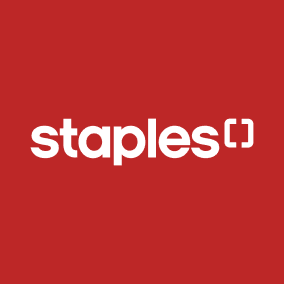
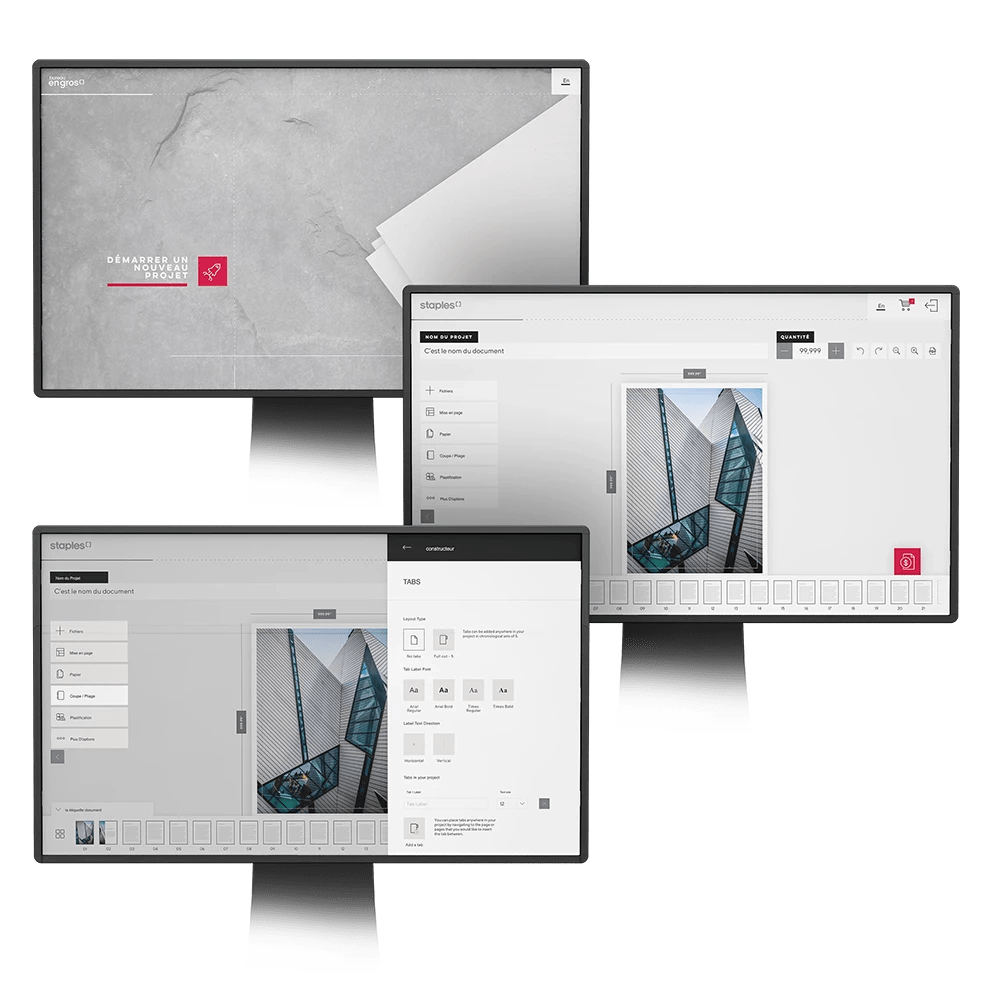
Staples
6x faster load times on Staples solution builder app
Staples wanted to rebrand and re-focus with updated in-store kiosk systems to provide better experiences for both customers and employees.
Design Systems
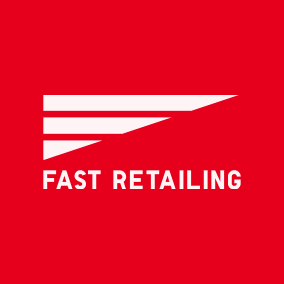

Fast Retailing (UNIQLO)
Transforming one of the world's largest retail companies into a digital-first organization
To become the #1 retail apparel group in the world, they needed to design consistency, efficiency, and governance to internal and external teams across all markets.
Featured Posts

For many enterprises undergoing a digital transformation, the reasons are usually centered around the customer or end-user — improving their online shopping experience, the ease of interfacing with their company online, or giving them a best-in-class, personalized app experience.

“We need to be more Agile”, “We need more digital innovation to survive”, “We need to deliver more engaging and satisfying experiences to our customers”, “We need a digital strategy to make an impact in the market”...

When planning for a digital transformation, many executives focus on an “end state”, or an idealized picture of when the transformation is done, and all changes are complete. But transformations are an evolutionary process, and getting to the “end” isn’t possible—the rate of change in technology, fluctuating market demand and changing consumers preferences are the only constants.
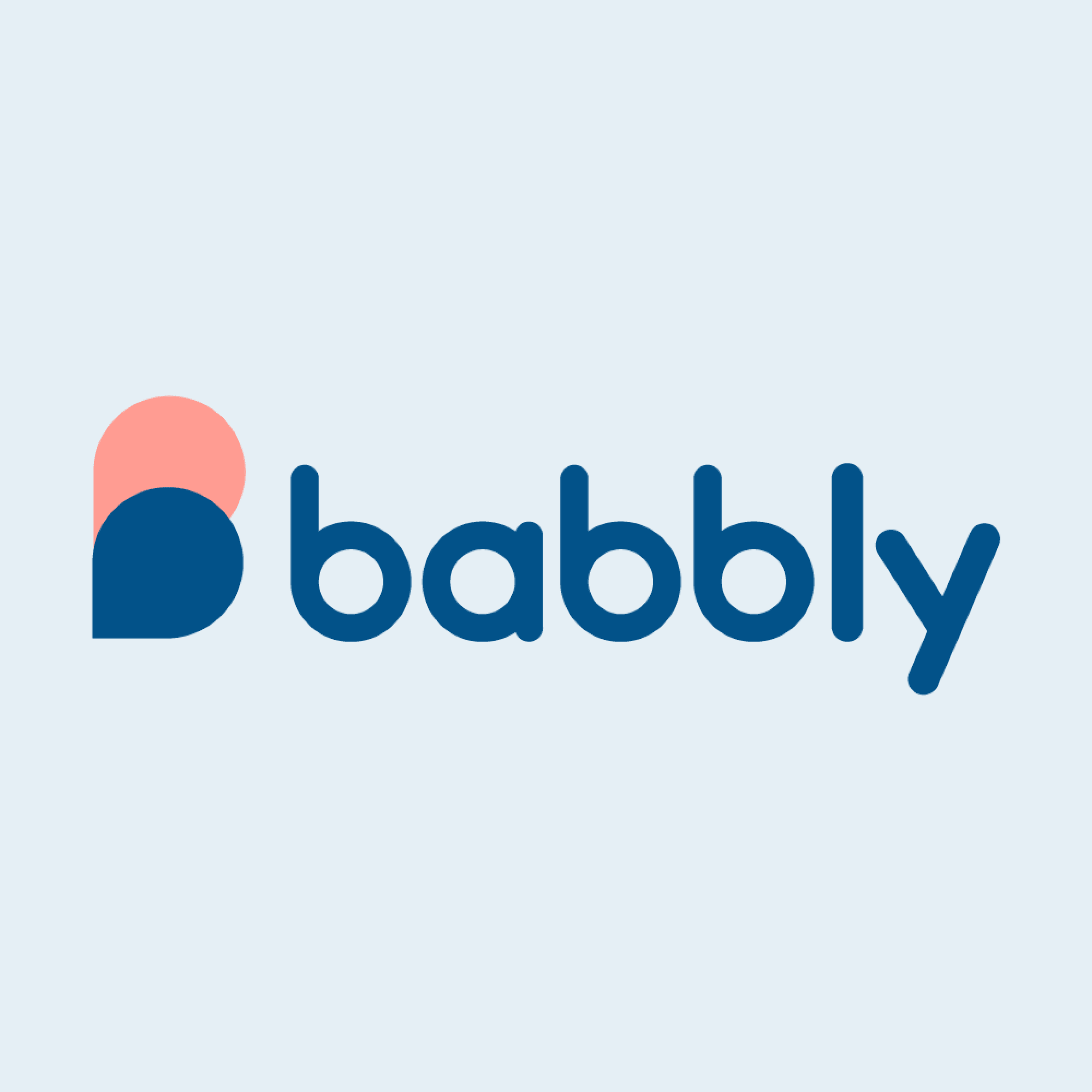
Working with Rangle helped us avoid a lot of the early mistakes we could have made and put us on a fast track towards launching our product.”
Maryam Nabavi, CEO and Founder of Babbly





